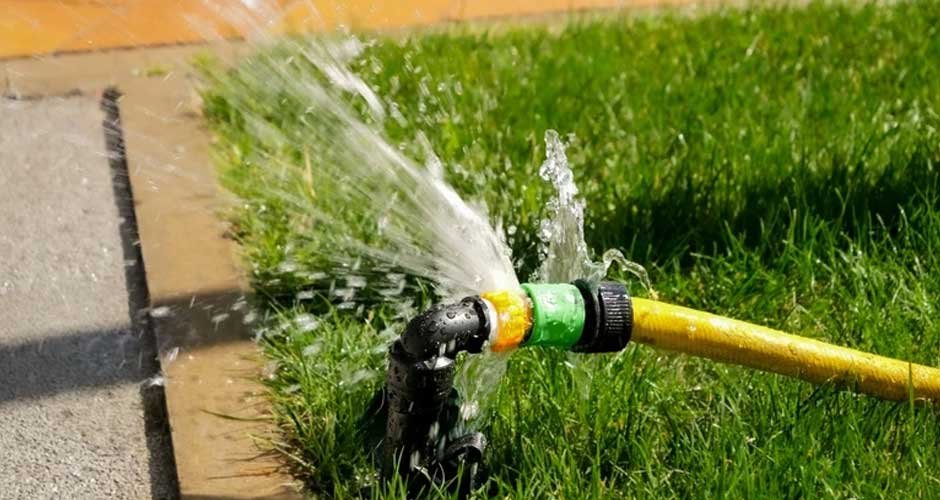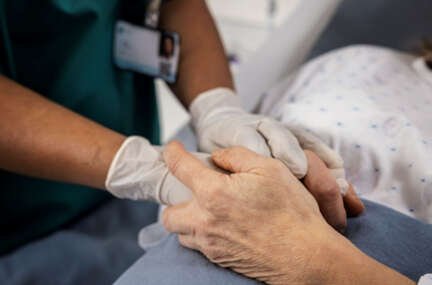As we rapidly approach the summer, travel is on many people’s minds. While you might be thinking “sun, sea, sand” it’s worth sparing a thought to your home’s plumbing system before you jet off.
Taking a few simple steps ensures that your vacation isn’t interrupted by thoughts of dripping water or neighbour’s panicked calls. Running through our simple checklist means that there’s one less thing to get in the way of your good times:
Shut Off The Water
It may sound obvious but the best way to ensure that you don’t come home to a puddle is to shut off the water. A small leak, left unattended has a habit of becoming a major issue and absolutely ruining your vacation memories.
First of all, locate your home’s shut-off valve. It will be near wherever the municipal supply enters your house, likely next to any meters. There are a few designs out there but they’re all simple enough to operate- simply turn it to ‘closed’ and the water supply will cut off.
There are exceptions to this rule:
- If your home has a sprinkler system connected to the main line, it’s a good idea to skip this step. Fire is harder and more costly to rectify than a leak!
- If you live in colder regions, leaving a trickle of water coming through your faucets can help prevent frozen pipes. Flowing water, even if only very slightly, is much harder to freeze than stagnant.
Water Heaters
You’re probably not going to need a lot of hot water while you’re away from home. Turning off your water heater will save you money as you’re not paying for something you won’t be using. As with any interaction with a water heater, there are important safety tips to keep in mind:
- Keep the area clear: this is especially important for gas or oil based heaters
- Ensure that gas safety valves are working properly before shutting off
- If switching off, drain the tank fully.
When you return, you can turn it back on and should have hot water again relatively quickly.
Alternatively, if your water heater has a “vacation mode” setting, often labelled “VAC” or “Vacation”, switch it on.
Your heater will reduce its temperature, reducing energy usage while keeping things ticking. This is especially useful if you live in a region where frozen pipes are a possibility as it keeps a baseline temperature without wasting energy.
If you have the slightest doubt about dealing with these expensive and potentially dangerous systems, call a professional.
Check For Leaks And Cracks
Before you go, cast an eye over your accessible pipes and fittings like faucets, toilets and appliances. You’re looking out for evidence of leaks.
Left unattended, even a small seeping leak can cause untold damage, so it’s best to ensure that there aren’t any before you leave.
Look around connections and joints for any dampness or signs of corrosion. If you find evidence of a leak, get it repaired before you go.
Drain Your Pipes
If you’re away for an extended period, it might be a good idea to drain your system entirely.
Water left standing in pipes and tanks can be a great breeding ground for bacteria. This can lead to unpleasant smells issuing out of the faucet when you get home. To drain your plumbing system follow the following list:
- Turn off water supply- this stops the system refilling as you work
- Open all sink and bath faucets- this allows air into the system
- Open the lowest faucet- this allows water collected in the pipes to escape
- Flush the toilets- emptying the cistern
- Leave taps open – letting air circulate through your plumbing.
When you return, turn the water back on and work your way through your home turning off the faucets. This avoids you developing a water hammer and damaging your plumbing.
Preparing Drains and Toilets
No one wants to come back to a smelly drain or toilet after spending time in a hotel. Left unattended, bacteria will build up and produce unpleasant odors, ruining your return.
Giving your waste pipes a thorough cleaning before you go makes coming home that much nicer. It’s also a great excuse to get one of those tasks that’s so easily put off done and out of the way.
Avoid the use of harsh chemical cleaners when doing this. While they’re often effective, the acidic nature of them can damage your pipes over time and they can pose serious risks to your health. Consider making a cheap, effective alternative from store-cupboard items and some basic grade-school science:
- Pour baking soda into your drain and allow to settle
- Pour white vinegar into the drain and watch as it reacts
- The bubbling and gentle acidity of the solution will cut through grease and blockages
This works brilliantly for cleaning and freshening drains and toilets and has a huge range of uses around the home.
Final Walkthrough
Once you think you’ve done everything on the list, it’s worth taking one final walkthrough This will let you make sure you’ve done everything and avoid annoying intrusive thoughts wrecking your getaway.
Go through the house, checking things off one by one:
- Is the mainline valve turned off?
- Has the thermostat been turned to vacation mode or water heater switched off?
- Did you check for signs of leaks and cracks?
- Are the pipes drained? Are all the faucets open?
- Have you cleaned your drains and toilets?
If the answer to each of these is “yes”, enjoy your trip!
When To Seek Professional Help
Of course, sometimes it’s best to leave things to the pros. Hiring a professional plumber for a pre-vacation inspection can provide great peace of mind.
If you have any doubts whatsoever, especially around boilers and water heaters, it’s always better to be safe than sorry. A qualified plumber can be with you before you have to rush to the departure gates and have any issues sorted before you get back.
Adding “check the plumbing” to your pre-travel checklist along with tickets, luggage and all the other accoutrements of a good holiday can pay dividends. Just don’t forget to pack the sunscreen.







